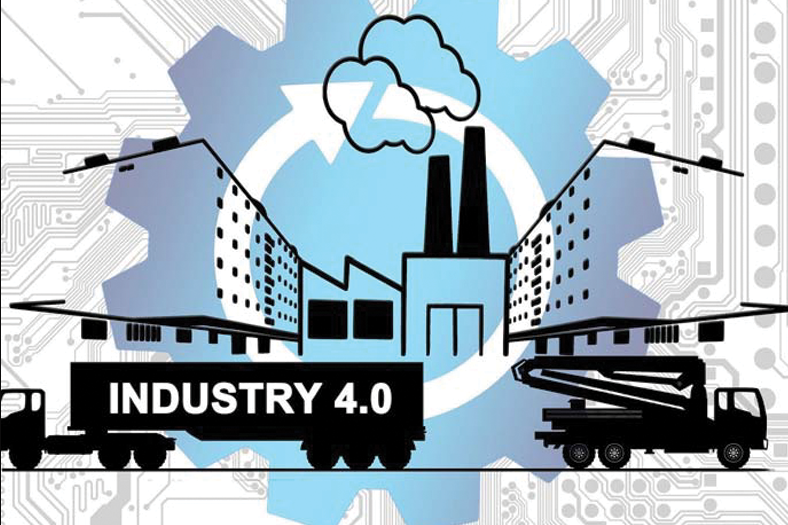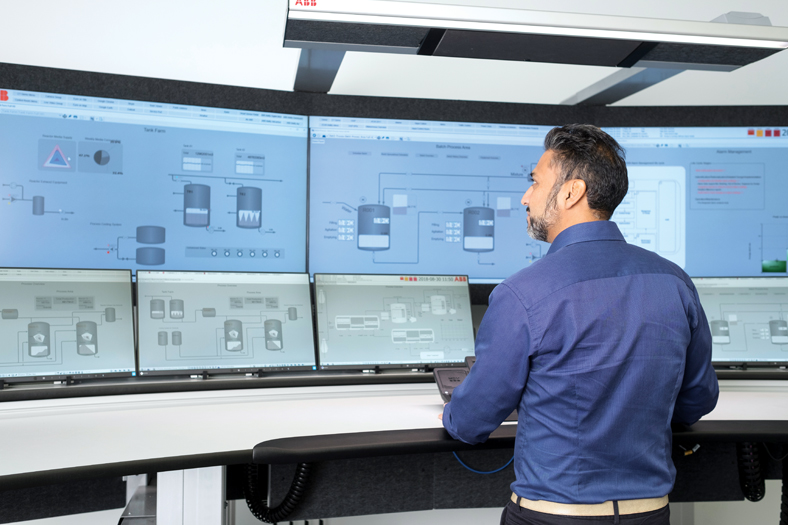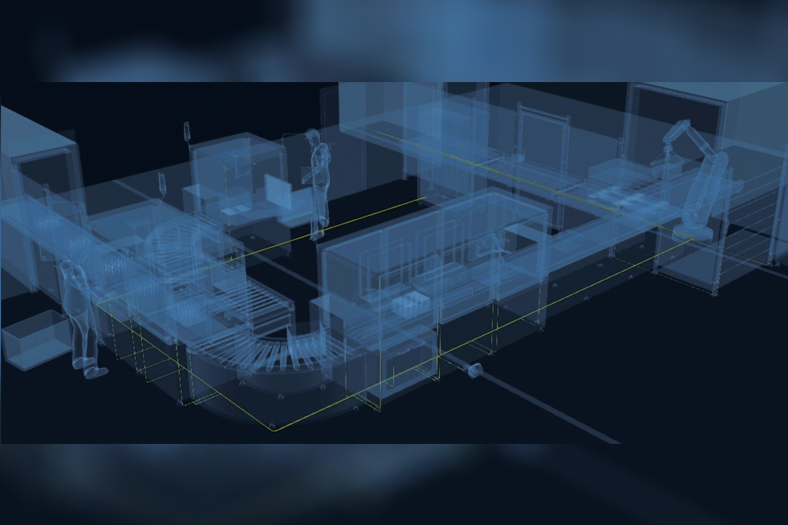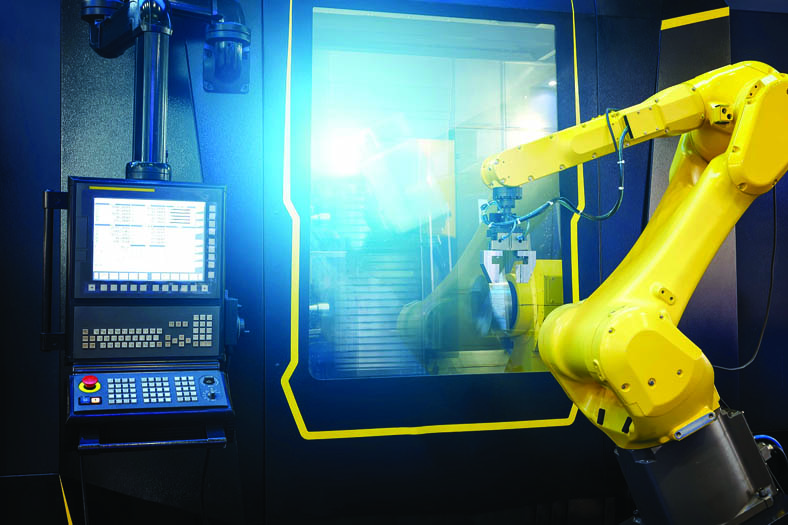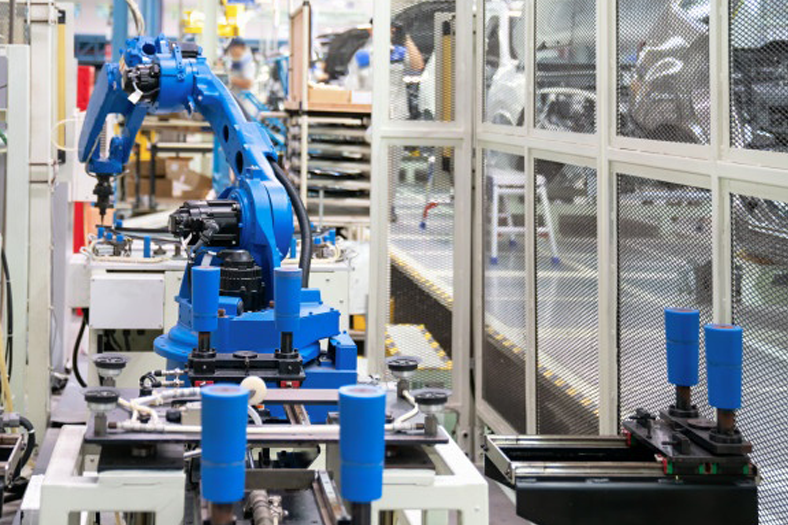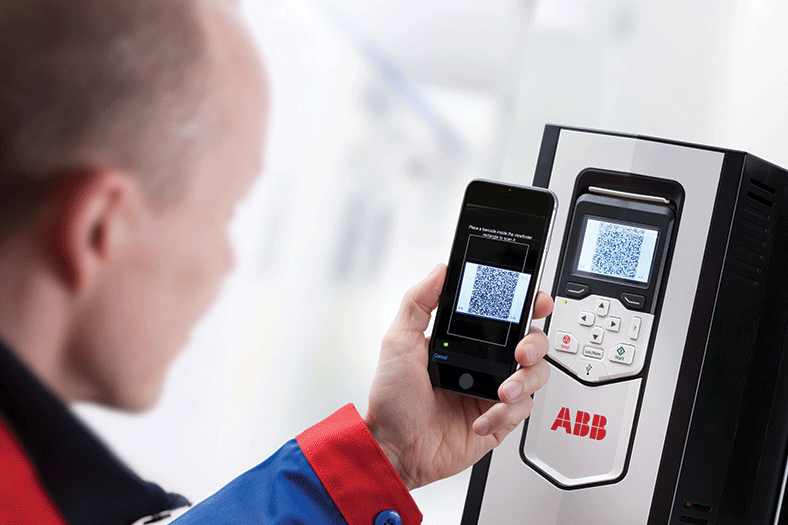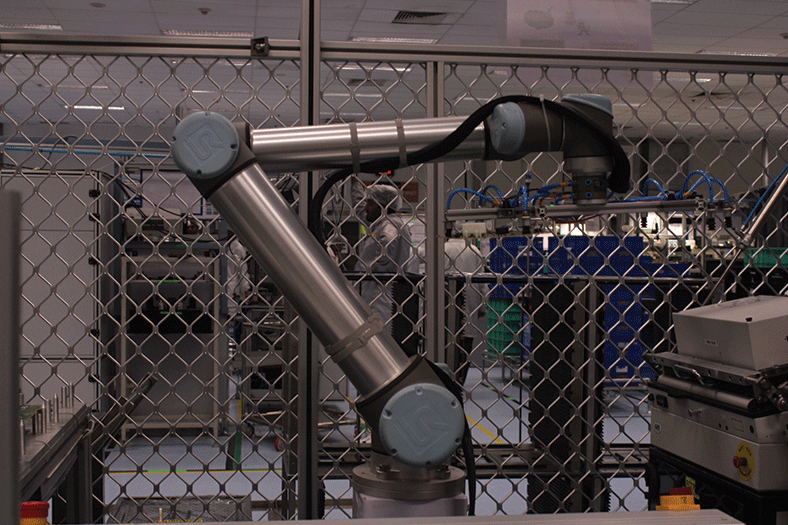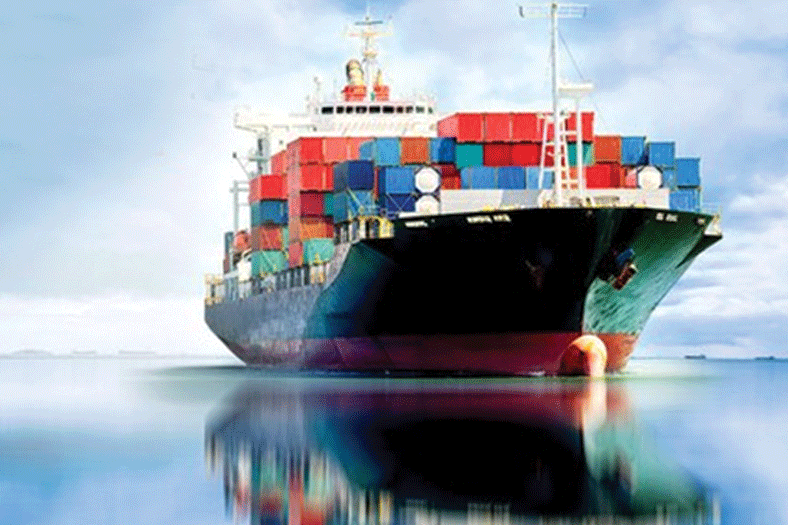Industry 4.0 opens new frontiers for logistics with emerging technology
April 11, 2020 10:21 am
Industry 4.0 is transforming the logistics sphere with advanced technologies and innovations that are helping companies in this sector to improve operational efficiency and enter into the new era of business.
The last i ndustrial revolution from 1969 till 2010 saw the emergence of computers, internet, smartphones, and robotics. The focus here was to reduce human effort in performing secondary or unnecessary tasks. The fourth industrial revolution or Industry 4.0 would be all about technology simplifying processes and establishing connectivity among people and peoplecentric resources with a view to strengthening economies and enhancing livelihood.
Technology in business
It takes years for any start-up to transition from zero to ruling the business area it functions in. The process is challenging as there has to be instant adaptation to dynamic business trends. The correct understanding of opportunities and threats ensures longevity of startups.Over the years, technology has played a significant role in simplifying this understanding. Technology as an application has immensely contributed to thegrowth of businesses with regards to provision of goods and services. It has enabled companies to have a wider outreach, round-the-clock availability, andpurvey of instant solutions whenever a problem arises. As per a recent report of NASSCOM, India is home to over 8,900 technology start-ups with 1,300 start-upsadded in 2019. As of now, India dominates the startup market in areas such as e-commerce, food delivery, transportation, financial services, and medical services. The ongoing economic scenario has seen employment of almost 3 lakh people in the start-up market. Initiatives by the government such as Start-Up India have enabled citizens to be technologyoriented by connecting the rural and urban markets. At present, deep technology has heavily influenced the start-up market in India. New and emerging startups with the use of deep technology are exploring business avenues such as blockchain, 3D printing, driverless cars, cloud, virtual reality, robotics research, drone monitoring, Internet of Things (IoT), etc. Deep tech start-ups are often considered to be disruptors as they have the ability to create new business markets. Business, industrial and policy analysts across global economies believe that deep tech would drive the way for a fourth industrial revolution.
Since 2015, India saw the emergence of start-ups in deep technology areas such as driverless cars, 3D printing, and blockchain. Deep technology start-ups, other than increasing employment, also act as a career alternative for engineers and various other technology professionals. The central government has been an active participant in driving the growth of deep technology start-ups in India. NITI Aayog’s flagship initiative, The Atal Innovation Mission, has played an instrumental role in promoting an ecosystem of innovation and entrepreneurship at various levels such as education, science, industry, corporation, engineering, etc. The government aims to emphasise on areas such as climate, agriculture, railways, smart mobility, recycling, and garbage disposal.
Digitalisation to rule logistics
When it comes to logistics, the New Logistics Policy of the government aims to bring all stakeholders under one single platform and ensure seamless movement of goods along with reducing high transaction costs. Now let us focus on how technology has been a game changer in the evolution of logistics.
Technology-based logistics has been a new entrant in the Indian start-up market. According to a recent report by the IBEF, logistics sector employs more than 22 million people in India. Traditional logistics in the country was and continues to be highly disorganised. The consequences are delayed payments to truck drivers, delayed shipments, and higher logistics costs, which caused downfall in an organisation’s profit. Technology and hence digitisation and Industry 4.0 brought logistics back on track. The introduction of artificial intelligence provided the ease of business it needed, badly. This paperless, faceless and purely technology-based way of doing logistics proved to be timesaving, cost-efficient and trustworthy for all stakeholders. At present, industries have started to outsource their logistics function, which enables them to focus on core areas.
Now let’s understand how different digital logistics is from the traditional one. In digital logistics, all stakeholders — shipper, trucker, and customer — are brought together under a single platform that operates 24/7. All functions, right from placing shipment order to choosing verified mode of transportation to live tracking movement to the final delivery, are performed through the touch of a smartphone. Digital logistics start-ups take full responsibility of the shipment journey and offer solutions in case of any delay or dispute. Digitised logistics has also been a secure employment option for truck drivers. In the traditional model, truck drivers were often exploited by shippers or brokers through the means of delayed payments, unnecessary deduction of freight, and asking truck drivers to pay for additional charges. At present, digital logistics businesses offer the best freight rates to truck drivers and pay cancellation and halting charges on their behalf. In general, technology has eased the way of doing business in India. Firstly, it has enabled businesses to have a global outreach. Secondly, business facilities can be availed by customers 24/7. Thirdly, it has given a ray of hope to small-scale entrepreneurs to have a full-fledged business model. Start-ups in India are innovating and exploring new business opportunities through the internet. With educational support from the government and financial assistance from private investors, these niche genres of start-ups will have an increased customer base in the near future. If the trend continues, India might become the global capital of start-ups in near future.
For more information, contact:
Sachin Haritash,Founder & CEO, Mavyn
www.mavyn.in
Cookie Consent
We use cookies to personalize your experience. By continuing to visit this website you agree to our Terms & Conditions, Privacy Policy and Cookie Policy.



